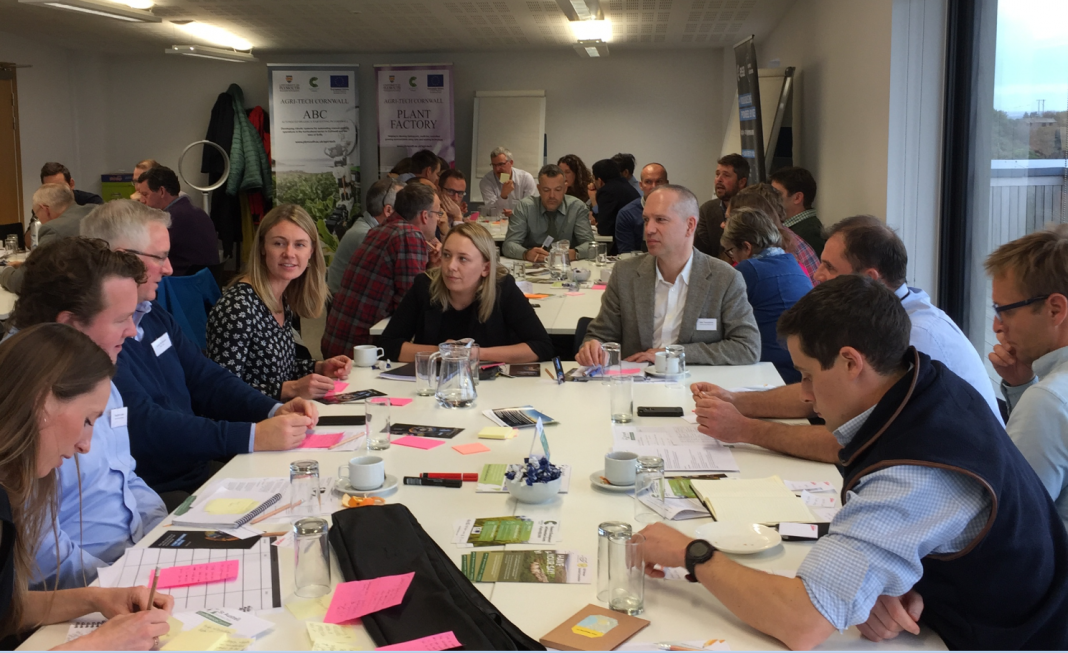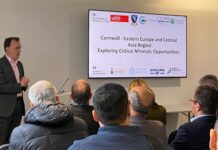Researchers at the University of Exeter are working to accelerate the adoption of new technology in agriculture and its ancillary sectors.
Academics across a host of disciplines are collaborating with SMEs, charities and other research bodies in areas as varied as viticulture, dairy farming and the seafood sector in this ground-breaking work.
The work is backed by the Agri-tech Cornwall and Isles of Scilly Project (ACP), a £9.6 million initiative, running to March 2020, to increase research, development and innovation in the agri-tech sector.
Part-funded by the European Regional Development Fund, with match-funding from Cornwall Council and research partners, ACP is led by Duchy College’s Rural Business School in partnership with University of Exeter, Plymouth University, Rothamsted Research and Cornwall Development Company.
One of the Exeter projects involves monitoring and managing heat stress in dairy cows. Led by renewable energy specialist Dr Senthil Sundaram, it aims to develop innovative, low-cost technologies and products to aid heat removal from livestock barns. The team are developing thin panels with powerful heat-absorption properties, which can be hung from a roof or used as ‘wallpaper’, potentially bringing improvements in productivity and welfare, as well as ‘capturing’ heat to be reused.
Meanwhile, Dr Felix Castellanos, also based at the Penryn Campus in Cornwall, is leading a project exploring optimal diets for mass-rearing insects to use as human food, animal feed and fertiliser. This work will use waste products from local business and the data gathered could speed the development of UK insect ‘farming’ sector, offering consumers a healthy sustainable product.
The director of the Agri-tech Cornwall and Isles of Scilly Project, Robin Jackson, said: “The ever-increasing demand for food from a growing global population means we’ll have to get smarter about how we use land, produce food and manage the environment. Technology is the key – it will help us to feed the world, mitigate climate change, plus boost profit, efficiency and resilience at an individual farm and business level.
“The Exeter projects cover a fascinating range of areas – everything from using auditory technology to combat the disruption caused by starlings on livestock farms to genetic ‘tagging’ at the National Lobster Hatchery to inform the hatchery and aquaculture sector.”









